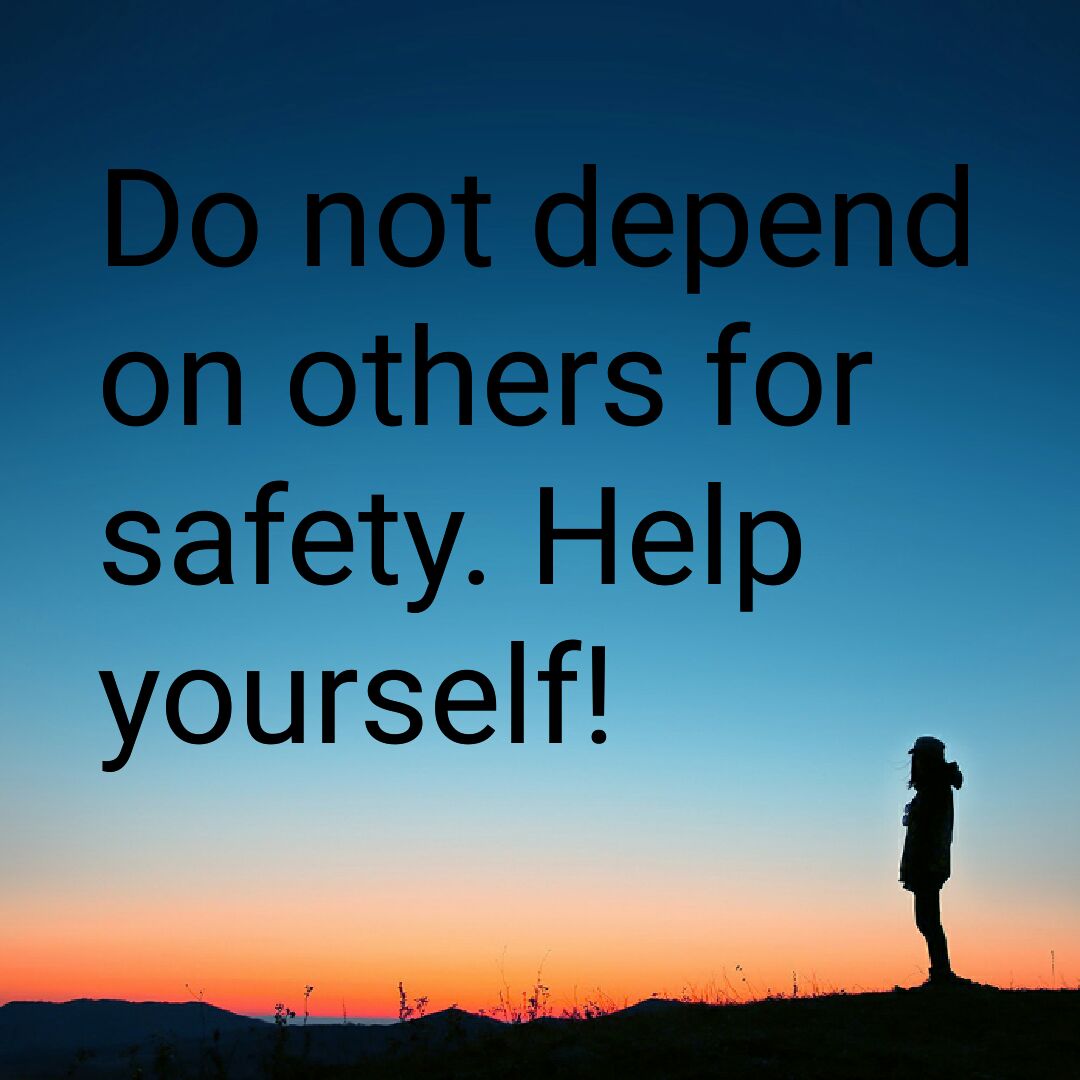In emergency management, your community could be your workplace, locality, neighbourhood, ethnic or faith group. These are the people directly involved when an emergency situation occurs in that particular environment before emergency services respond. A prepared community is an asset in crisis situations as they spring to action using existing resources before professional response services arrive.
So, is your community ready? Are they knowledgeable on the likely emergencies that could occur in their environment? Do they know how to reduce its likelihood of occurrence? Do they know the roles they can play when these emergencies occur? Your chances of recovery from such situations depends on the “strength” of your community.
We have seen cases where citizens have queued up to donate blood to affected citizens in a mass shooting. There are also cases, where citizens have donated relief materials and medical assistance in flood situations. And there have also been cases where co-workers have stepped in to administer First Aid when a colleague suddenly slumped. Community readiness is therefore very important as emergencies can occur at any time. When community members are involved, it builds trust because they feel as part of the process.  Are you running a business, a church/mosque, an NGO or a residential estate? When was the last time you had a fire drill, first aid or abduction drill? Did you just say it’s not my portion? We cannot continue like that without proactive measures. You most definitely need participation of your members in safety matters. Gather knowledge, disseminate information, create roles, know strengths, resources and weaknesses of your community and leverage on them, teach practical actions to take and provide contact details for response agencies. This will go a long way to keep the community ready to act when emergencies occur.
Are you running a business, a church/mosque, an NGO or a residential estate? When was the last time you had a fire drill, first aid or abduction drill? Did you just say it’s not my portion? We cannot continue like that without proactive measures. You most definitely need participation of your members in safety matters. Gather knowledge, disseminate information, create roles, know strengths, resources and weaknesses of your community and leverage on them, teach practical actions to take and provide contact details for response agencies. This will go a long way to keep the community ready to act when emergencies occur.



